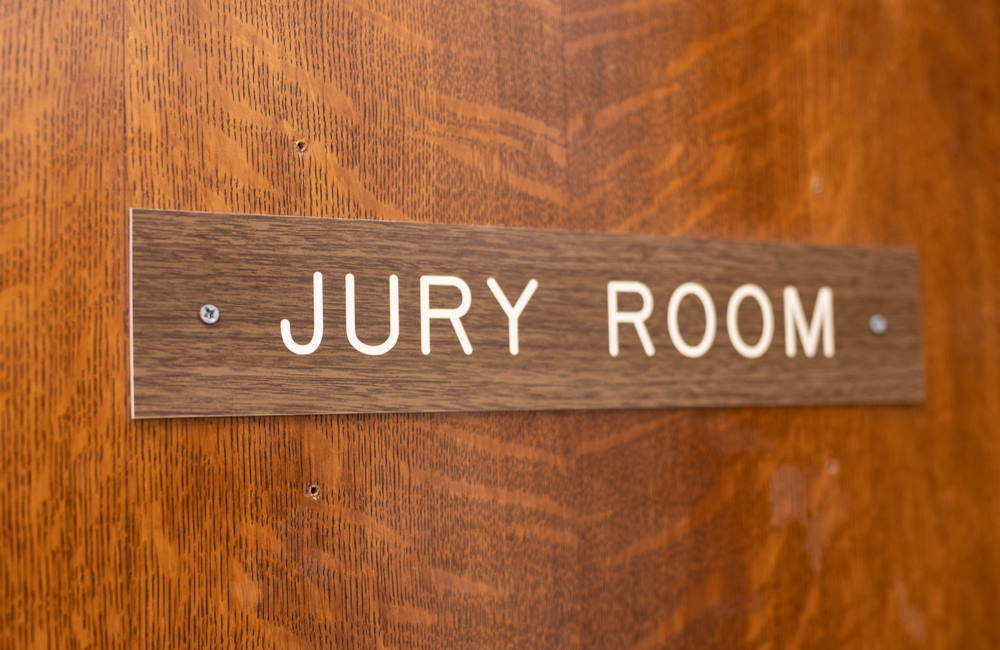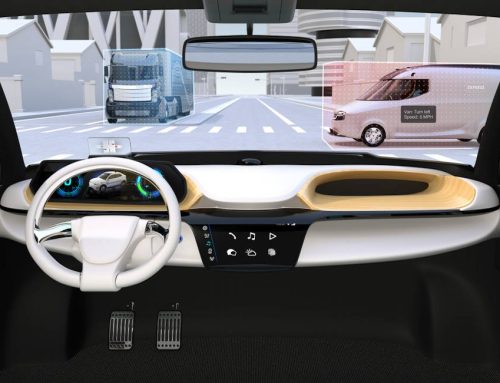Few issues keep fleet managers up at night quite like the prospect of a nuclear verdict. Large jury awards can lead to significant financial issues for even the best-positioned fleet. Exploring ways to avoid a nuclear verdict is something every fleet benefits from doing.
Telematics that provide fleet safety solutions can provide support in this important area. Systems that support delivery fleet crash avoidance and other types of safety-related enhancements can help keep drivers out of situations that lead to crashes and the potential for subsequent legal action.
What Is a Nuclear Verdict?
The term “nuclear verdict” refers to jury rewards that are considered extreme and often are disproportionate to the actions they are meant to penalize. But juries in recent years have returned more nuclear verdicts than ever before.
Between 2015 and 2019, nuclear verdicts helped drive up the average verdict award. The amount more than tripled, rising from $64 million to $214 million, according to information from the National Law Journal. These are the kind of awards that can quickly bankrupt a company.
The repercussions go beyond the immediate impact of the jury award. The rising amounts involved with jury verdicts also can make it difficult to obtain insurance. Traveler’s Insurance wrote that “these jaw dropping verdicts are creating challenges for the insurance industry and commerce alike, making it difficult to underwrite potential legal risks, increasing premiums and threatening to put liability insurance out of reach for businesses.”
Why the Increase in Nuclear Verdicts?
Travelers wrote that several factors have led to an increase in nuclear verdicts.
- Advertising. Law firms have gotten better at advertising for class action lawsuits and bringing in a larger number of plaintiffs.
- Third-party funding. Funding to support litigation, including hedge funds and other sources, has increased in recent years on potentially lucrative lawsuits. Travelers wrote that third-party backing of these lawsuits is a $39 billion industry.
- Social inflation. Jurors become desensitized to nuclear verdicts after seeing and reading about them. The huge award amounts become normalized over time, leading to more of the same.
Steps Fleets Can Take to Avoid Nuclear Verdicts
Tort law allows fleets to become the targets of legal action for negligence. The concept of negligence is based on the idea of “duty of care.” That phrase refers to a person engaging in an activity – such as a fleet driver – and doing so in an ordinary, prudent, and reasonable way. Those who do not can open themselves to negligence.
That makes driver safety and training important for fleets, as well as use of the most advanced crash avoidance systems. While it’s important in all areas, it’s especially important in pedestrian crash avoidance for fleets.
Fatal accidents are a tragedy for everyone involved. Fleets should take every step possible to train drivers in the best practices to avoid crashes. They also can use telematics systems in a number of ways.
- Mandatory MVR checks done automatically and continuously on each driver
- Mandatory background checks
- Providing drivers with vehicles that provide the latest, most advanced collision avoidance systems
- Training drivers on the use of this equipment
- Using data from telematics systems to help create a formal fleet safety policy
- Establishing clear standards for drivers
- Mandatory vehicle inspections
- Monitoring driver behavior and vehicle performance
Taking these steps can help fleet managers reduce the risk of their drivers becoming involved in crashes that lead to legal action. It also can help them avoid a nuclear verdict that is increasingly becoming the outcome of such lawsuits.









